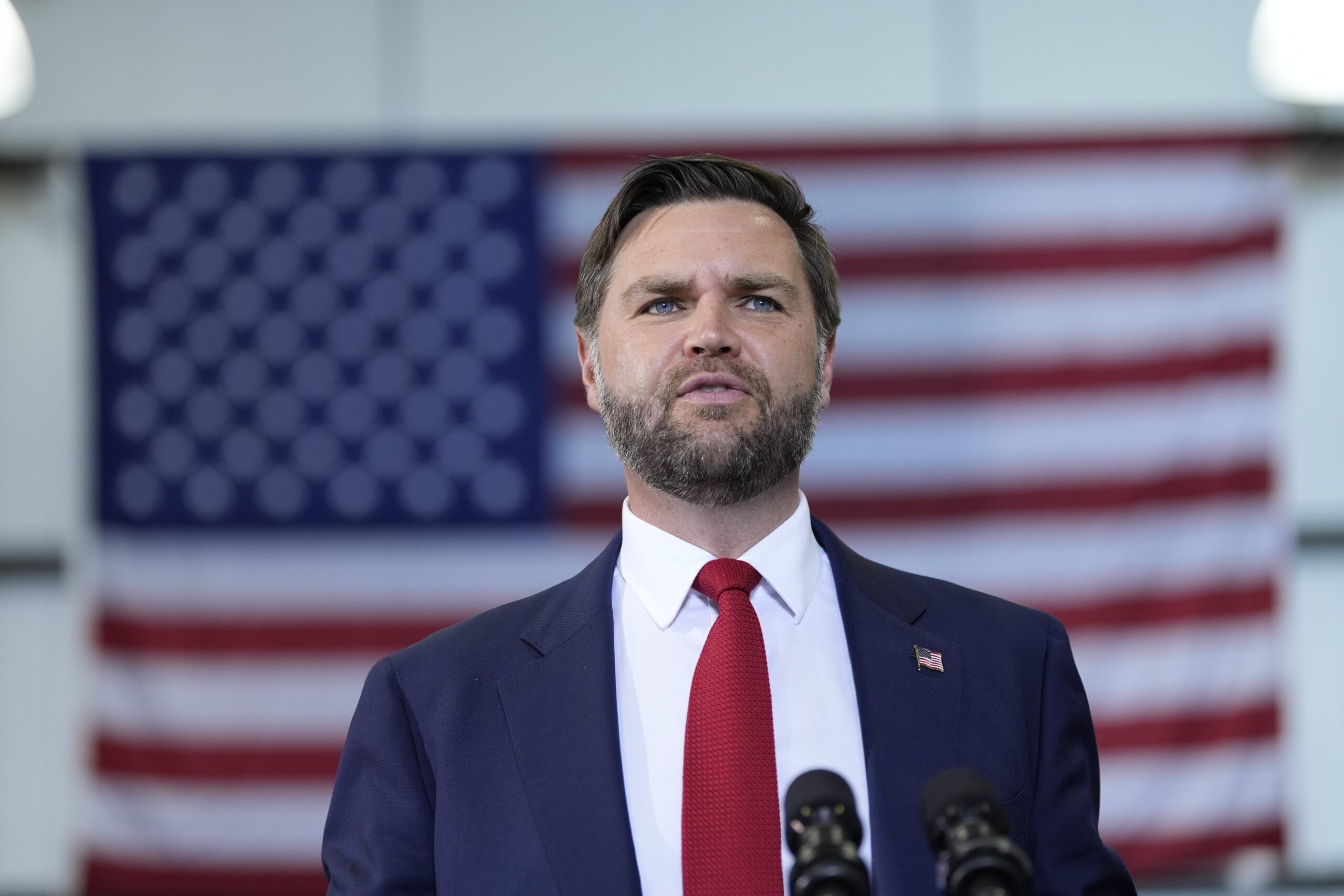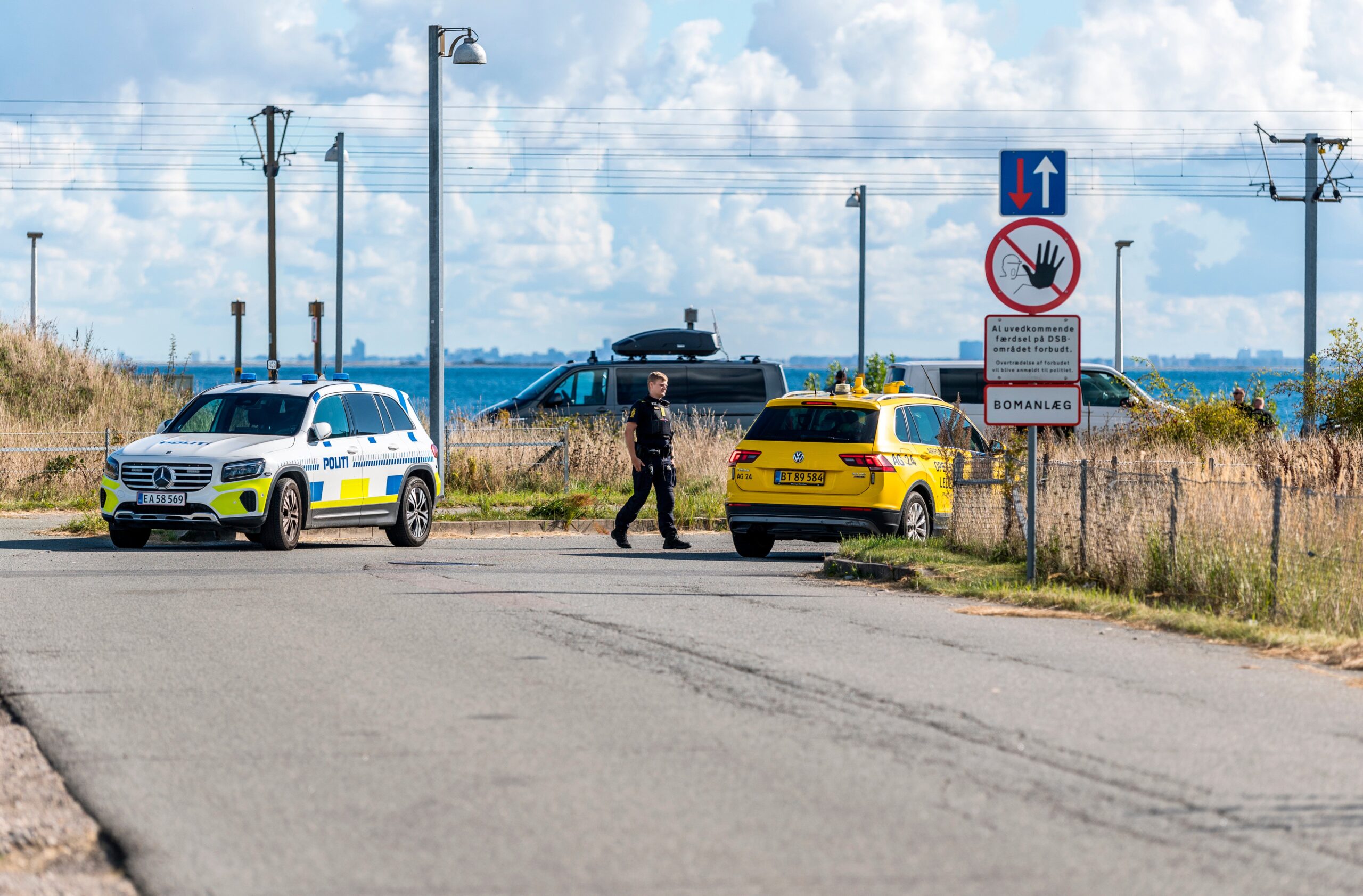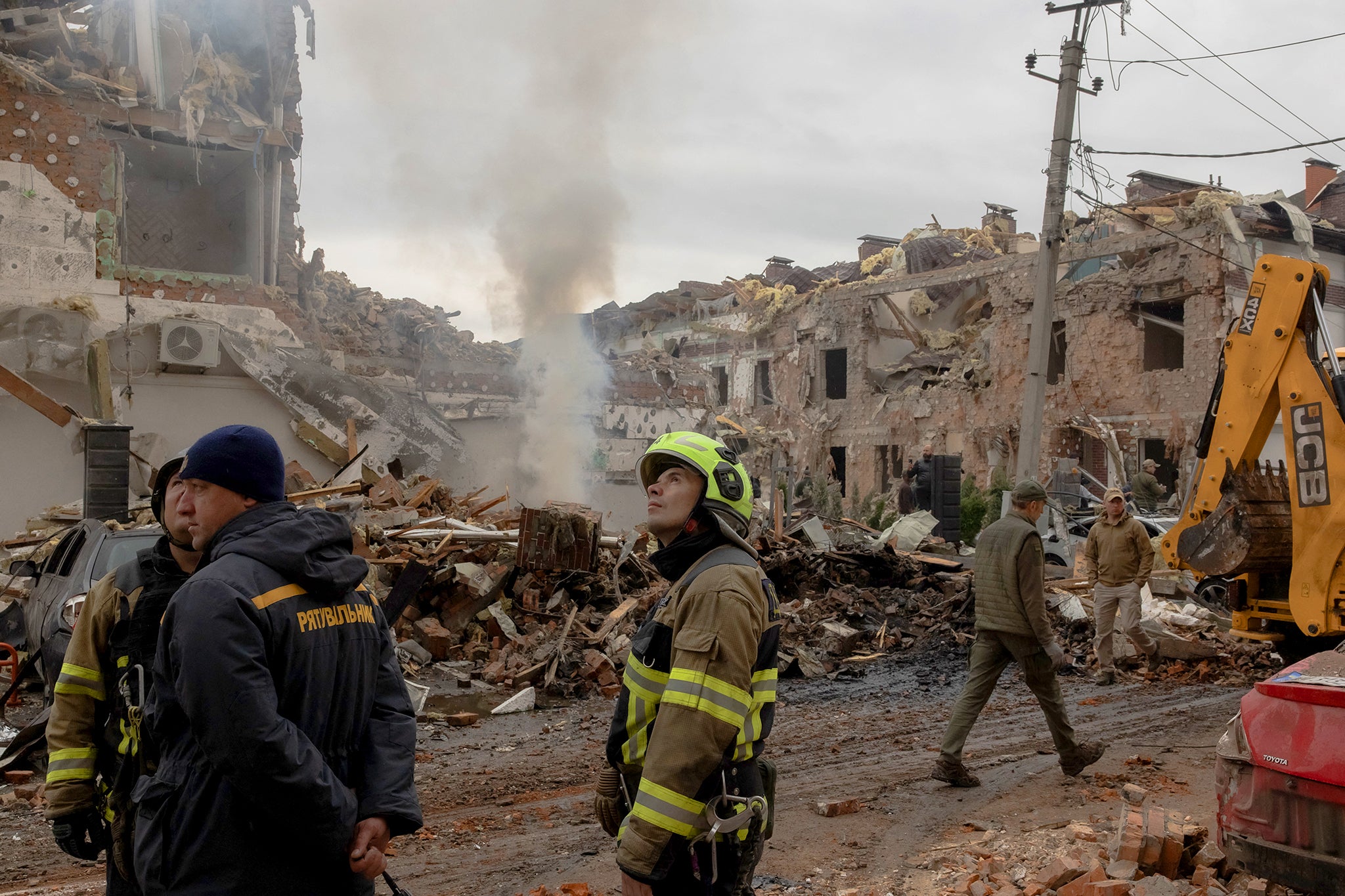A 12-year-old girl was among four people killed and at least 70 injured in a 12-hour Russian drone and missile attack on Ukraine.
The assault, which took place overnight and into Sunday, was the first major bombardment since a similar attack killed at least 21 people last month.
Ukraine’s president Volodymyr Zelensky condemned the “brutal” bombardment that involved nearly 600 drones and several dozen missiles.
The attack came after aerial activity over Nato nations spiked and Denmark said it had observed drones at several sensitive locations for the second consecutive day, calling for a drone ban.
Defence minister Troels Lund Poulson said the Nato nation was “currently in a difficult security situation”.
“We cannot accept that foreign drones create uncertainty and disruption in society as we have experienced recently,” transport minister Thomas Danielsen said. “Denmark will host EU leaders next week, where we must have extra focus on safety.”
This was the latest unexplained drone activity after sightings last week, including over five Danish airports, raising concerns about security in northern Europe.
Trump considering Tomahawk missiles for Ukraine, says Vance
The US was considering Ukraine’s request to obtain Tomahawk missiles for use against Russia, vice president JD Vance said.
Ukrainian president Volodymyr Zelensky had asked the US to sell Tomahawks to European nations that would send them to Ukraine.
Vance said on Fox News yesterday that president Donald Trump would make the “final determination” on whether to allow the deal.
“We’re certainly looking at a number of requests from the Europeans,” he said.
Tomahawk missiles, which have a range of 2,500km, would be a powerful asset in Ukraine’s arsenal to fight back against regular barrages of Russian missile and drone attacks.
Ukraine getting such a weapon, however, would almost certainly be seen by Russia as an escalation.

Denmark lies more than 1,000 miles from Russia – so why would it be the target of a ‘hybrid attack’?
One recent incursion was in Aalborg airport, in north Denmark, which closed on Friday following the drone sightings, while Esbjerg, Sonderborg and Skrydstrup regions all remained open despite similar incidents.
They came just two days after Danish prime minister Mette Frederiksen refused to rule out Russian involvement when drone sightings forced Copenhagen airport into shutdown for four hours, in what she described as a “serious attack on critical Danish infrastructure”.
Reporter Alex Ross looks at the ongoing threat:
Denmark bans drone flights ahead of EU summit
Denmark said it was shutting down its airspace to civilian drone flights following drone sighting near its military bases last week.
Announcing the ban, defence minister Troels Lund Poulson said the Nato nation was “currently in a difficult security situation”.
“We must ensure the best possible working conditions for the Armed Forces and the Police when they are responsible for security during the EU summit,” the minister said.
Transport minister Thomas Danielsen said: “We cannot accept that foreign drones create uncertainty and disruption in society as we have experienced recently. Denmark will host EU leaders next week, where we must have extra focus on safety.”

Girl among four killed after Russia hits Ukraine in ‘brutal’ 12-hour attack
A 12-year-old girl was among four killed and at least 70 injured after a 12-hour Russian drone and missile attack on Ukraine, with the capital Kyiv suffering the heaviest assault.
The air assault, which took place overnight and into Sunday, was the first major bombardment since a similar attack killed at least 21 people last month.
Ukraine’s president Volodymyr Zelensky condemned the “vile” bombardment that lasted more than 12 hours and involved nearly 600 drones and several dozen missiles.
News of the destruction came as Denmark’s defence ministry said that it had observed drones at several of its armed forces’ locations overnight for a second consecutive day.
British and French arsenals must ultimately be part of nuclear talks, says Russia
Talks on reducing strategic nuclear weapons must first be conducted between Russia and the US, but the arsenals of Britain and France will ultimately have to be included in negotiations, Kremlin spokesperson Dmitry Peskov has said.
Peskov’s remarks come amid a Kremlin proposal to the US this month to voluntarily maintain for a year the limits on deployed strategic nuclear weapons set out in their New START arms control treaty once it expires next year if the US does the same.
“Naturally, we have to start talks at the bilateral level. New START is after all a bilateral document,” Peskov told TASS.
“But in the long term, you cannot remain abstract with these arsenals. All the more so that these arsenals are a component of the overall problem of global European security and strategic stability.”
White House press secretary Karoline Leavitt said Putin’s proposal sounded “pretty good,” but the issue was up to US president Donald Trump.
The US president has said he wants to open denuclearisation talks with Russia and China.

Zelensky condemns 12-hour attack by Russia that killed 12-year-old girl
Writing on social media platform X, Mr Zelensky said of the attack that took place over Saturday night and into Sunday: “A massive Russian attack on Ukraine lasted for more than 12 hours. Savage strikes, a deliberate, targeted terror against ordinary cities – nearly 500 attack drones and over 40 missiles.
“The main targets of the enemy strikes were Kyiv and the region, Zaporizhzhia, Khmelnytskyi, Sumy, Mykolaiv, Chernihiv, and Odesa regions. In the capital, the building of the Cardiology Institute was damaged.
“As of now, four people have been reported killed in Kyiv, including a 12-year-old girl. My condolences to all the families and loved ones. Across Ukraine, at least 40 people are known to have been injured, including children.”

Russia claims Ukraine’s negotiating positions are ‘deteriorating’
Russia has claimed that Ukraine’s negotiating positions are “deteriorating” after it launched hundreds of drones and missiles at the country.
Kremlin spokesperson Dmitry Peskov claimed on state television on Sunday: “With every passing day, the situation for Ukraine is inexorably deteriorating. And every day Ukraine’s negotiating positions are inexorably deteriorating.”
His comments come after Russia launched hundreds of drones and missiles at Kyiv and other parts of Ukraine early on Sunday.
Ukraine’s president Volodymyr Zelensky again urged the international community to act decisively to cut off Russia’s energy revenues that fund its invasion after the attack.
“The time for decisive action is long overdue, and we count on a strong response from the United States, Europe, the G7, and the G20,” he said on the Telegram messaging app.
Watch: Nato ‘ready’ to deal with any threats, says Chair of Military Defence
Russia fails to get elected to international air transport council
Russia failed to win enough support on Saturday to get elected to the United Nations aviation agency’s governing council, in the latest rebuke of Moscow for actions taken after its 2022 invasion of Ukraine.
Russia received 87 votes, just short of the 93 votes it needed to win back a seat on the International Civil Aviation Organisation’s 36-nation governing council during the agency’s assembly, which runs through October 3 in Montreal.
Russia in 2022 lost its spot on the first part of the council, which includes countries like China, Brazil, the United States and Australia as “states of chief importance in air transport,” following its invasion of Ukraine.
A Russian representative immediately called for “a repeat round of voting,” which was not accepted by the assembly.
Ukraine’s front line grows bigger as Russia shifts tactics, top commander says
The front line on the battlefield in Ukraine has grown in length to nearly 1,250 kilometers (800 miles), stretching Kyiv’s defences, while Russian forces employ a new tactic of sending swarms of small assault groups to infiltrate Ukrainian lines, Ukraine’s top military commander says.
The line of contact has grown by roughly 200 kilometres (120 miles) over the past year, and Ukrainian forces are averaging between 160 and 190 combat engagements every day with Russia’s bigger army, Gen Oleksandr Syrskyi said in a review of the battlefield situation.
Read the full report from Hanna Arhirova and Barry Hatton here:
